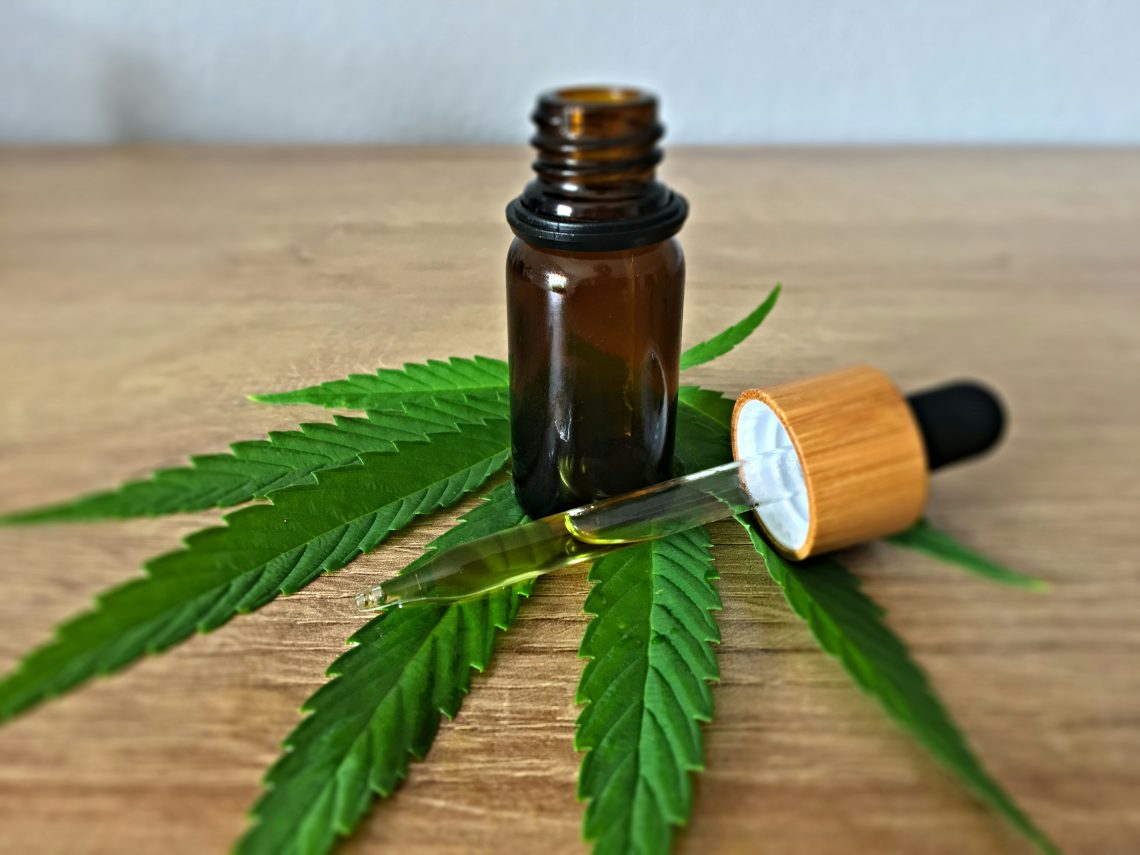Organic CBD oil in Canada is gaining immense popularity as consumers increasingly prioritize natural and sustainable health products. Extracted from organically grown hemp plants, this oil is free from synthetic chemicals and pesticides, ensuring a pure and potent product.
As awareness about chemical additives’ environmental impact and potential health risks rises, Canadians turn to organic CBD oil as a holistic wellness solution. This shift reflects a broader trend towards organic products and aligns with Canada’s strict regulations on organic certification, guaranteeing that consumers receive genuine, high-quality organic CBD oil.
Whether for managing pain, reducing anxiety, or promoting sleep, organic CBD oil offers a safe and environmentally friendly alternative that resonates with the health-conscious Canadian market.
Why Choose Organic CBD?
Choosing organic CBD oil is a wise decision for several compelling reasons, all of which contribute to better health outcomes, environmental sustainability, and overall product quality:
Purity and Safety: Organic CBD is derived from hemp plants grown without synthetic pesticides and fertilizers. This ensures that the final product is free from harmful chemicals and reduces the risk of toxic buildup in the body, making it safer for consumption.
Enhanced Quality: Organic farming methods focus on nurturing the soil and the surrounding ecosystem, which can lead to a more robust plant with higher-quality cannabinoids and terpenes. This results in a more effective and consistent product.
Environmental Sustainability: Organic agriculture minimizes the ecological footprint by avoiding harmful chemicals, promoting biodiversity, and maintaining soil integrity. By choosing organic CBD, consumers indirectly support farming practices that are better for the planet.
Regulatory Compliance: Organic certification is not easily attained. It requires strict adherence to a set of agricultural and processing standards. Therefore, when a CBD product is labeled as organic, it has met rigorous standards that non-organic products may not comply with, offering an additional layer of assurance regarding the production and handling processes.
Avoidance of Genetically Modified Organisms (GMOs): Organic CBD is sourced from non-GMO hemp plants. Some consumers prefer to avoid GMOs due to concerns about the long-term impacts of genetically altered crops on health and the environment.
Better Taste and Effects: Many users report that organic CBD products taste better and feel more effective. The lack of synthetic chemicals and a rich profile of cannabinoids and terpenes might enhance the product’s efficacy due to the natural entourage effect.
Ethical Considerations: Companies that choose to produce organic CBD are often also committed to higher ethical standards in other areas of their business, such as sustainable sourcing, fair labor practices, and transparency.
Why Is CBD Oil Important?
CBD oil has gained significant attention and importance in recent years due to its wide-ranging potential health benefits and its versatility in treating various conditions without the psychoactive effects associated with traditional marijuana products. Here are several vital reasons why full spectrum CBD oil is considered necessary:
Therapeutic Benefits: CBD oil is known for its potential to alleviate symptoms of many health issues, including anxiety, depression, chronic pain, and inflammation. It interacts with the body’s endocannabinoid system, which regulates mood, pain, sleep, and immune functions.
Non-Psychoactive: Unlike THC, the other well-known compound from the cannabis plant, CBD does not produce a high. This makes CBD oil a viable option for individuals looking for relief from their symptoms without experiencing the psychoactive effects.
Legal Accessibility: CBD oil derived from hemp (with less than 0.3% THC) is legal in many countries, making it accessible to a broader audience. This legality has allowed more people to consider CBD oil as a treatment option.
Support for Mental Health: CBD has been studied for its role in mental health care, particularly in managing conditions like anxiety and PTSD. It provides a natural alternative to traditional pharmaceuticals, often with fewer side effects.
Neuroprotective Properties: Research suggests that CBD may provide benefits for those with neurological disorders such as epilepsy and multiple sclerosis. Some studies have shown reductions in seizure activity with CBD use.
Potential Anti-Cancer Properties: Preliminary studies have indicated that CBD might possess anti-cancer properties, which could inhibit the growth of cancer cells. More research is needed, but this potential makes CBD oil a focus of many scientific studies.
Ease of Use and Dosing Precision: CBD oil can be easily administered in precise doses using a dropper. This makes it easier for users to adjust their dosage based on their specific needs and observed responses.
Natural and Holistic: Many individuals are turning towards more natural and holistic approaches to health care. CBD oil, especially from high-quality, organic hemp, fits into this category and appeals to health-conscious consumers.
What Is CBD Used For Canada?
In Canada, CBD (cannabidiol) is used for a variety of medical and wellness purposes following its legalization under the Cannabis Act in 2018. Here’s an overview of the common uses of CBD in Canada:
Pain Management: CBD is widely used to help manage chronic pain, including pain related to arthritis and multiple sclerosis. Its anti-inflammatory properties make it a popular choice for those seeking alternative treatments to conventional pain medications.
Anxiety and Depression: Many Canadians turn to CBD to help alleviate symptoms of anxiety and depression. CBD interacts with serotonin receptors in the brain, which can help improve mood and reduce stress levels.
Sleep Disorders: CBD is used to promote better sleep patterns. It can help address issues like insomnia by reducing anxiety and pain, which may interfere with good sleep.
Epilepsy: CBD has gained significant attention for its effectiveness in reducing seizure frequency in certain forms of epilepsy, such as Dravet syndrome and Lennox-Gastaut syndrome. Health Canada has approved medications containing CBD for these conditions.
Inflammation: CBD is used to treat various inflammatory conditions, including inflammatory bowel diseases like Crohn’s disease and ulcerative colitis, due to its anti-inflammatory properties.
Neurological Symptoms: Research suggests that CBD may have neuroprotective properties, helping to manage symptoms related to neurodegenerative diseases such as Alzheimer’s and Parkinson’s disease.
Skin Conditions: CBD is also incorporated into topical products to treat skin conditions such as acne, psoriasis, and eczema. Its anti-inflammatory and antimicrobial properties help soothe skin and reduce breakouts.
General Wellness: Many Canadians use CBD oil as part of their daily wellness routine to enhance overall health and well-being. It is believed to support the functioning of the immune system and maintain homeostasis in the body.
Conclusion: Is 1000mg Of CBD Too Strong?
Opting for organic CBD oil and understanding its importance in Canada highlights the substantial benefits of this natural product. Organic CBD ensures a safer, higher-quality product that promotes environmental sustainability and ethical business practices. In Canada, where CBD is legally recognized, it serves as an essential component of many health and wellness routines, providing relief from conditions like pain and anxiety without the psychoactive effects of THC.
CBD’s adaptability across various forms—such as vapes for immediate relief and edibles for prolonged effects—illustrates its effectiveness in holistic health. This aligns with a global trend towards natural health solutions, making CBD a potent alternative to traditional treatments. The dosage choice, including considerations about the strength, like 1000mg, should be tailored to individual needs and medical advice, ensuring optimal benefits from CBD usage.
Read more lifestyle articles at ClichéMag.com
Images provided by Deposit Photos, BingAI, Adobe Stock, Unsplash, Pexels, Pixabay & Creative Commons





